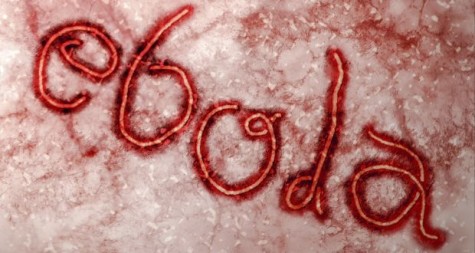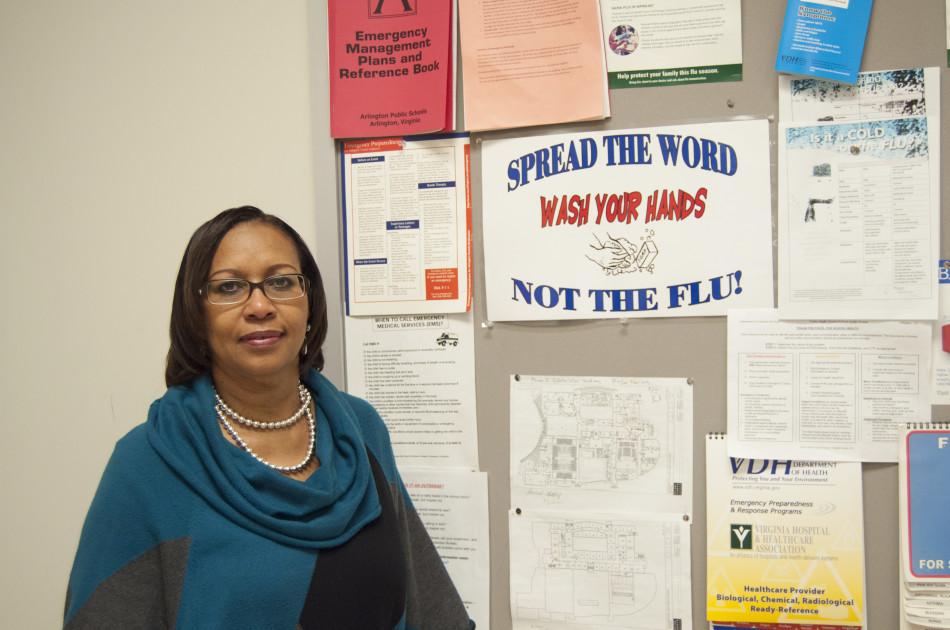Ebola: The Overhype
 Lately, many people around the world have been worried about the Ebola virus. To the extent that, now, Ebola is the third most searched word when typing in the letter “e,” after eBay and ESPN on Google. The international media, especially the United States, has been focused on the spread of the virus and how to stop other people from being infected. The thing is, only one person has died from Ebola in the U.S, and I am pretty confident that he will be the only one. Here’s why.
Lately, many people around the world have been worried about the Ebola virus. To the extent that, now, Ebola is the third most searched word when typing in the letter “e,” after eBay and ESPN on Google. The international media, especially the United States, has been focused on the spread of the virus and how to stop other people from being infected. The thing is, only one person has died from Ebola in the U.S, and I am pretty confident that he will be the only one. Here’s why.
Let’s start off by informing you on how you can contract Ebola. The only way to get the virus is by coming in contact with an infected person’s bodily fluids. No, you can’t get it by hugging someone or by being within a close range of an infected person, so please stop saying “Ew! Don’t touch me, you might have Ebola!” No, you will not get Ebola at school because no one in a 300 mile radius of our area has it.
This specific outbreak according to ABC News started on March 23, in Liberia when 23 people died from a “mysterious hemorrhagic fever.” No large media attention whatsoever was put on the subject. Many missionary groups went to Liberia to help the infected, but even then there was no attention on the issue. For whatever reason the news was not covered once the outbreak started is beyond me.
On July 27, two missionary groups informed the public that two American doctors who were working in Liberia, Kent Brantly and Nancy Writebol, were infected with the deadly disease. It became rapid international news with people demanding that the doctors get treatment to be cured.
Both Dr. Brantly and Dr. Writebol were taken home for treatment at Emory University Hospital in Atlanta, Georgia. It should be noted that even before Brantly was taken home, he was given an experimental drug called ZMapp. Brantly and Writebol both survived and were rid of the virus. Soon after, Dr. Rick Sacra contracted the disease, not from treating an Ebola patient, but in a maternity ward of a hospital in Liberia. He was also flown back to America for treatment and given a blood transfusion from Dr. Brantly.
This is what I don’t understand: the Ebola virus has been around since 1976, so of course this is not a new disease, yet there is so little education on the subject. This current outbreak started in late March, but we only started hearing about it in the media once a non-African citizen got infected with the disease. Why was this new experimental drug only announced once Brantly was infected? Once the two doctors were cured of the virus, workers in Africa asked for the drug to see if it would help their patients too. All of a sudden, there was not enough of the drug. Oh. Of course, because when two doctors need the drug to survive, there is enough, but when hundreds of Africans need it, poof, magically it’s gone. I’ll be the first one to say that ignoring the problem when it started in Africa, but only caring when U.S citizens get infected is, in fact, very much racist.
Confusion and worry from the public increased once that it was known that Thomas Eric Duncan arrived in the United States with Ebola from Liberia. Duncan was the first patient to be diagnosed with Ebola on American soil. When Duncan started to get a high fever, he went to Texas Presbyterian Health Hospital in Dallas. He informed the hospital that he had been to Liberia, but was sent back home with antibiotics. He returned to the hospital two days later with more exaggerated symptoms and was confirmed to have Ebola.
Many people voiced their anger at Duncan for coming to America after being in West Africa, which I do not necessarily think is fair when he was not even aware that he had Ebola. Additionally, while Duncan was in isolation, two nurses who treated him also became infected. People still had the nerve to blame him for the two nurse’s infections. The nurses were also subjected to anger from the public, but to the extent that Duncan was. Duncan’s family could not even buy a house without the judgement that they might have Ebola as well, which to me is absurd.
A conversation I heard, in one of my classes, about Duncan made me extremely livid. Two students said that the hospital should not help Duncan and let him die so he would not infect anyone else. The worst part was that they were not joking at all, although joking about it would have been bad too. I have never felt so disgusted at a comment from one of my classmates. Kids, no older than 16, had the nerve to wish death upon a man who did not mean to cause any harm to anyone, but praised the doctors who contracted Ebola and came to get treatment here for helping the ill in Africa.
Since the spread of the news, many jokes have arisen. I cannot tell you how many times I have heard, in the hallway, “Don’t you know that white people don’t get Ebola?” That joke doesn’t even make any sense. You may think you’re funny for saying these jokes, but let me tell you that you’re not. You’re just annoying. These jokes are not only rude but ignorant, incorrect and redundant. Even when a student would complain about having a normal headache and another would joke, “Ebola?”
Ebola kills people just like cancer or any other deadly disease. You wouldn’t make fun of someone being diagnosed with cancer, but somehow it is okay to make fun of people dying from Ebola. Right now, I am worried about the hundreds dying in Africa, not about making rude jokes or getting Ebola in America and especially not in Arlington.








